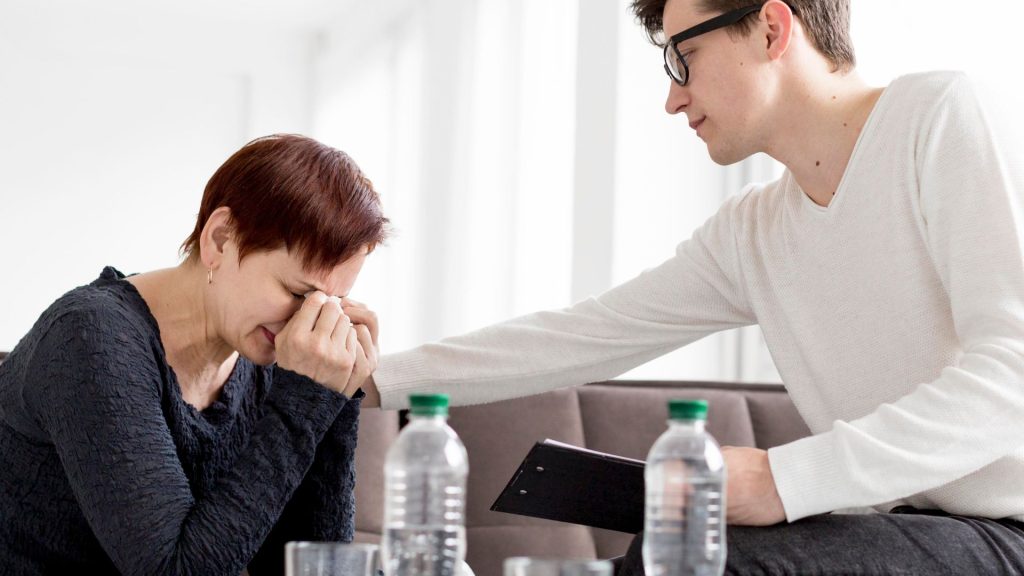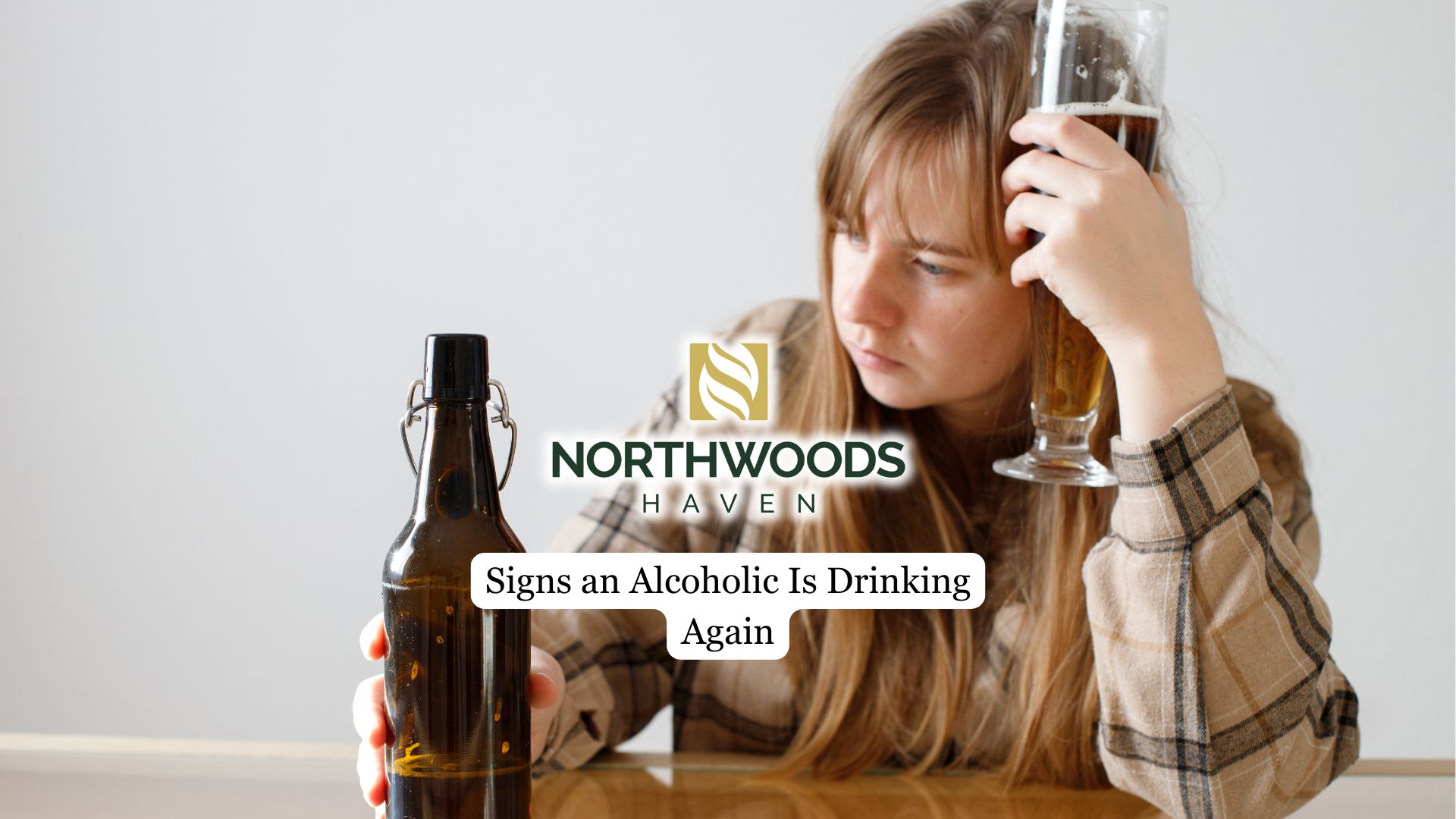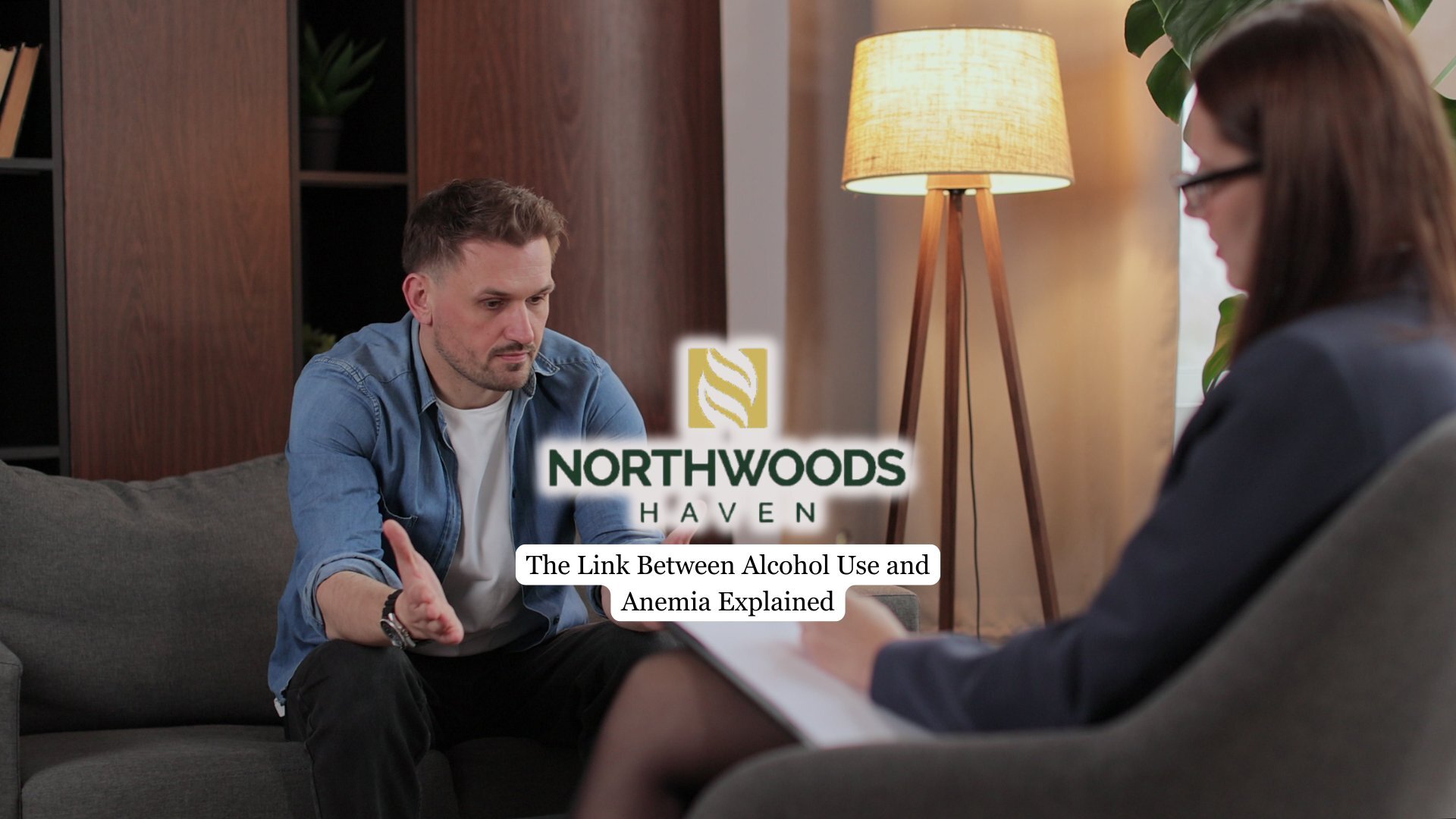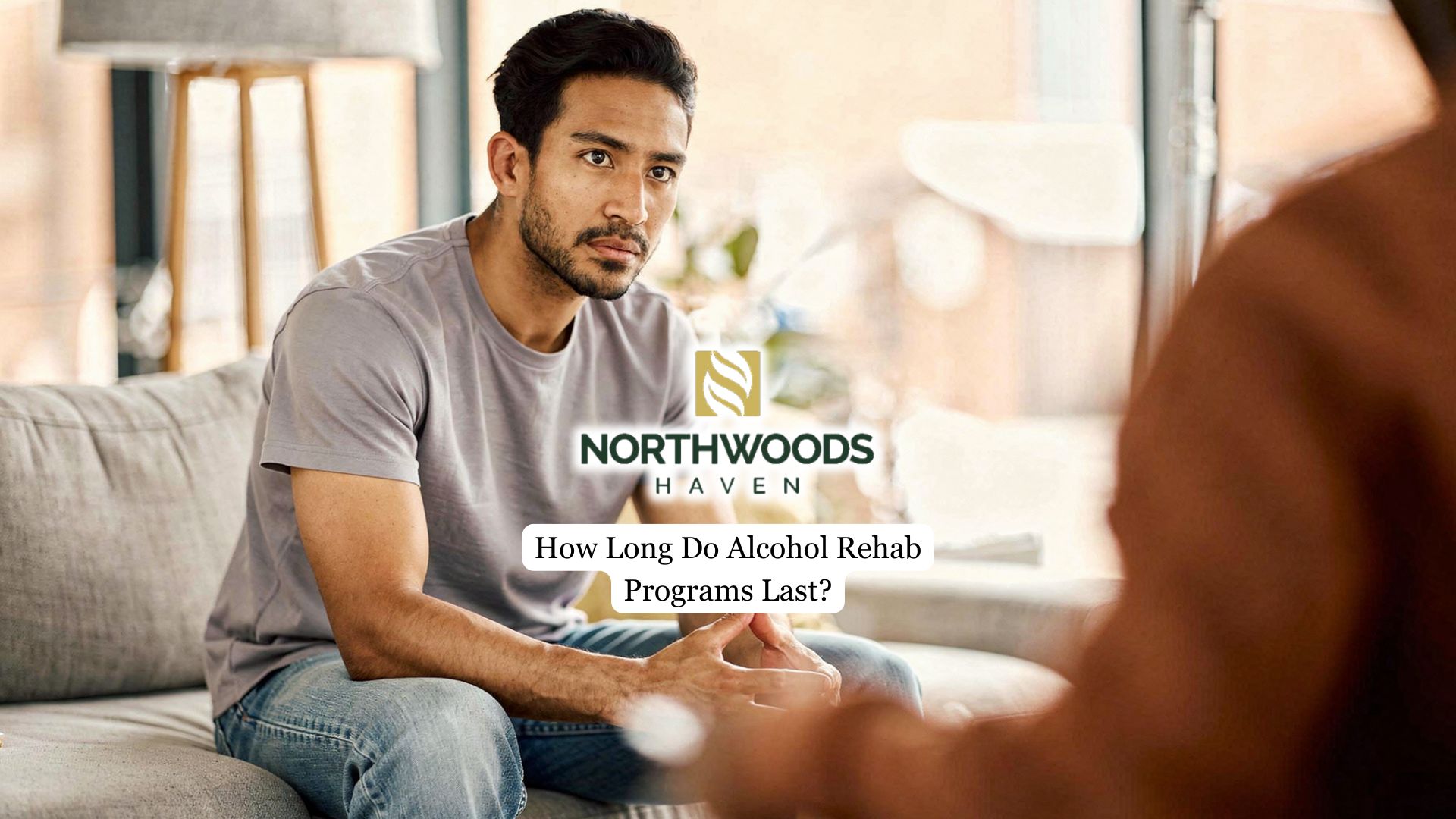Recognizing the subtle and gradual signs of relapse can make a significant difference in maintaining long-term sobriety for friends, family members, and recovering alcoholics themselves. These signs can manifest in various ways, including behavioral changes, social withdrawal, physical symptoms, and shifts in attitudes towards recovery.
This article will explore the key indicators that an alcoholic may have started drinking again, covering the emotional, mental, and physical aspects of relapse.
Physical Changes
One of the first signs is a deterioration in their physical appearance. They may neglect personal hygiene, experience sudden weight fluctuations, or look disheveled. You might also observe that they fall ill more frequently, as alcohol compromises the immune system, making them more susceptible to infections and diseases.
Disrupted sleep patterns are another indicator that an alcoholic is drinking again. They may struggle with insomnia or sleep excessively, as alcohol interferes with normal sleep cycles and quality. Consequently, they may experience increased fatigue and persistent headaches due to dehydration and withdrawal symptoms.
Changes in appetite are also common when an alcoholic relapses. They might crave unhealthy foods or significantly decrease their food intake because alcohol alters nutritional habits.
Pay attention to these physical signs, as they can help you identify if someone in recovery has started drinking again. Early recognition allows for timely intervention and support to get them back on the path to sobriety.
Behavioral Shifts
One of the most common signs is a sudden change in daily routines, such as unexplained absences from work or family obligations. The individual may begin to withdraw socially, avoiding supportive friends and family members.
There’s often a noticeable neglect of personal and professional responsibilities. Increased secrecy becomes apparent, with the person being evasive about their whereabouts or activities. They might start reconnecting with old drinking buddies or frequenting places associated with their past alcohol use.
Another telltale sign is irregular attendance or complete cessation of participation in recovery meetings or support groups. Financial issues may resurface, with unexplained expenses or requests to borrow money.
The person might also display a return to behaviors associated with their previous drinking habits, such as staying out late, sleeping excessively, or becoming defensive when questioned about their activities.
Social Circle Reversion
Reconnecting with friends they used to drink with can reignite powerful cravings and pull them back into familiar habits.
Spending time in environments associated with past drinking, like bars or certain social gatherings, exposes them to strong environmental triggers that challenge their commitment to sobriety.
You may notice they’re skipping support group meetings or therapy sessions more often, suggesting a shift in priorities away from recovery.
Increased secrecy about their social life and activities is another red flag, as they may try to hide their drinking from loved ones.
Surrounding themselves with people who regularly consume alcohol creates an atmosphere of temptation and social pressure that can chip away at their resolve.

Psychological Symptoms
If you notice heightened anxiety, depression, or mood swings, these could be signs of underlying emotional distress that often precedes a relapse.
Fantasizing about past drinking experiences is another red flag, as it suggests a mental relapse where the individual romanticizes alcohol despite its negative consequences.
Watch out for consistent cravings and a sense of urgency to drink, which indicate a psychological struggle that might lead to physical relapse if left unchecked.
Withdrawal from social interactions and declining participation in support groups can also reflect an internalized battle with addiction.
Changes in Recovery Attitudes
Changes in recovery attitudes can manifest as decreased motivation to attend support meetings or engage in therapy.
You might notice a sense of complacency, where they believe they’ve fully conquered their addiction, despite the high relapse rates. They may start minimizing the consequences of past drinking, rationalizing that moderate alcohol use is manageable.
Emotional triggers, like increased irritability or anxiety, can lead to withdrawal from supportive relationships, signaling a decline in their recovery dedication.
Watch out for nostalgia surrounding past drinking experiences, as romanticizing alcohol use can undermine their recovery mindset. These relapse warning signs indicate a shift in perspective that can jeopardize hard-earned sobriety.
Final Thoughts from Northwoods Haven Recovery
Northwoods Haven’s alcohol treatment program in Minneapolis recognizes that each person’s journey to recovery is distinct. Our IOP is customized to address the unique needs and situations of every client, offering a personalized approach to tackling alcohol addiction and preventing relapse. The program not only focuses on the immediate challenges of alcohol addiction but also assists clients in developing coping mechanisms to identify and manage potential triggers for relapse.



